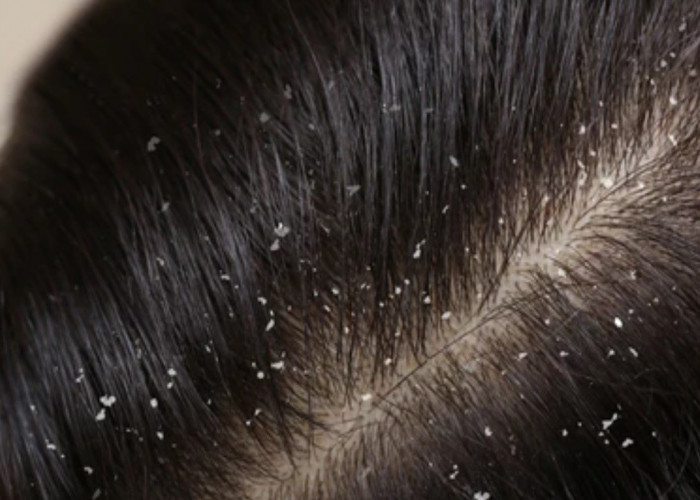 Welcome
Welcome
“May all be happy, may all be healed, may all be at peace and may no one ever suffer."
Dandruff
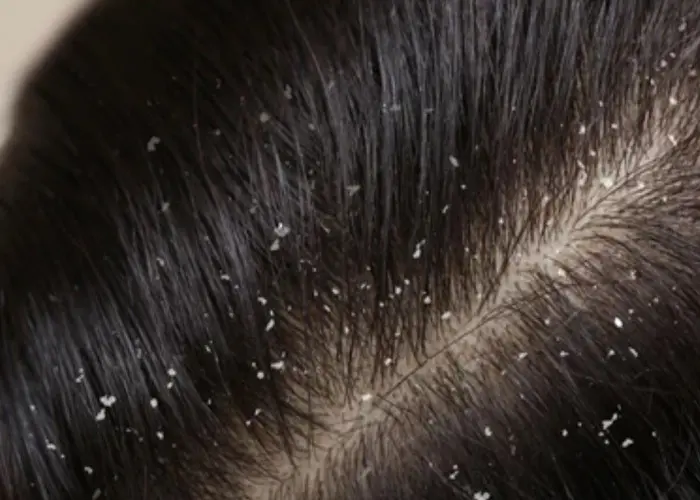
Dandruff is a common scalp condition characterized by the presence of small white or gray flakes on the scalp and in the hair. It is a chronic and recurring condition that affects up to 50% of the population and can be caused by a variety of factors, including dry skin, oily skin, fungal infections, or certain skin conditions.
Symptoms of dandruff can include itching, dryness, and scalp irritation. In some cases, dandruff can be accompanied by redness and inflammation of the scalp. The severity of dandruff can vary from person to person and can be influenced by factors such as stress, diet, and environmental conditions.
Treatment for dandruff often involves using over-the-counter shampoos that contain active ingredients such as zinc pyrithione, salicylic acid, or ketoconazole. These shampoos work by reducing the growth of yeast on the scalp, which can help to reduce the production of flakes.
In addition to using medicated shampoos, other treatments for dandruff may include scalp massages, hot oil treatments, and making changes to your diet to increase your intake of vitamins and minerals that are beneficial for healthy skin and hair.
Prevention of dandruff involves maintaining good hygiene practices, such as washing your hair regularly with a gentle shampoo and avoiding using harsh chemicals or styling products that can irritate the scalp. Additionally, avoiding stress, maintaining a healthy diet, and avoiding exposure to extreme temperatures and harsh weather conditions can also help to reduce the risk of developing dandruff.
Research Papers
Disease Signs and Symptoms
- Skin flakes (dandruff)
- Itchy scalp
- Dry scaly skin
- Skin flakes on scalp, hair, eyebrows, beard or mustache, and shoulders
Disease Causes
Dandruff
Dandruff may have several causes, including:
- Irritated, oily skin
- Dry skin
- A yeastlike fungus (malassezia) that feeds on oils on the scalps of most adults
- Sensitivity to hair care products (contact dermatitis)
- Other skin conditions, such as psoriasis and eczema
Disease Prevents
Disease Treatments
The itching and flaking of dandruff can almost always be controlled. For mild dandruff, first try regular cleansing with a gentle shampoo to reduce oil and skin cell buildup. If that doesn't help, try a medicated dandruff shampoo. Some people can tolerate using a medicated shampoo two to three times a week, with regular shampooing on other days if needed. People with drier hair would benefit from less frequent shampooing and a moisturizing conditioner for the hair or scalp.
Hair and scalp products, both medicated and nonmedicated, are available as solutions, foams, gels, sprays, ointments and oils. You may need to try more than one product to find the routine that works for you. And you'll likely need repeated or long-term treatment.
If you develop itching or stinging from any product, stop using it. If you develop an allergic reaction — such as a rash, hives or difficulty breathing — seek immediate medical attention.
Dandruff shampoos are classified according to the medication they contain. Some are available in stronger formulations by prescription.
- Pyrithione zinc shampoos (DermaZinc, Head & Shoulders, others). These contain the antibacterial and antifungal agent zinc pyrithione.
- Tar-based shampoos (Neutrogena T/Gel, Scalp 18 Coal Tar Shampoo, others). Coal tar slows how quickly skin cells on your scalp die and flake off. If you have light-colored hair, this type of shampoo may cause discoloration. It can also make the scalp more sensitive to sunlight.
- Shampoos containing salicylic acid (Jason Dandruff Relief Treatment Shampoo, Baker P&S, others). These products help eliminate scaling.
- Selenium sulfide shampoos (Head & Shoulders Intensive, Selsun Blue, others). These contain an antifungal agent. Use these products as directed and rinse well after shampooing, as they can discolor the hair and scalp.
- Ketoconazole shampoos (Nizoral Anti-Dandruff). This shampoo is intended to kill dandruff-causing fungi that live on your scalp.
- Fluocinolone shampoos (Capex, Derma-Smoothe/FS, others). These products contain a corticosteroid to help control itching, flaking and irritation.
If one type of shampoo works for a time and then seems to lose its effectiveness, try alternating between two types of dandruff shampoos. Once your dandruff is under control, try using the medicated shampoo less frequently for maintenance and prevention.
Read and follow the directions on each bottle of shampoo you try. Some products need to be left on for a few minutes, while others need to be rinsed off quickly.
If you've used medicated shampoo regularly for several weeks and still have dandruff, talk to your doctor or dermatologist. You may need a prescription-strength shampoo or a steroid lotion.
Disease Diagnoses
Disease Allopathic Generics
-
Calcium Lactate
for calcium.
1 pill 2/3 times a day.
-
Calcium Carbonate
1 pill 1 time a day.
-
Vitamin C [Ascorbic acid]
1 pill should be sucked 2/3 times a day.
Disease Ayurvedic Generics
Disease Homeopathic Generics
-
Natrum muriaticum
30, 200 strength.
-
Arsenicum
6, 30 strength.
-
Calcarea carbonica
30, 200 strength.
-
Allium sativum
3X strength.
-
Bryonia alba
6, 30 strength.
-
Cantharidin
6, 30 strength.
-
Thuja occidentalis
30, 200 strength.
-
Graphites
30, 200 strength.
-
Sepia
200 strength.
-
Kali mur
3X, 6X strength.
-
Kali sulph
3X, 6X strength.
-
Phosphorus
6, 30 strength.
Disease yoga
Dandruff and Learn More about Diseases
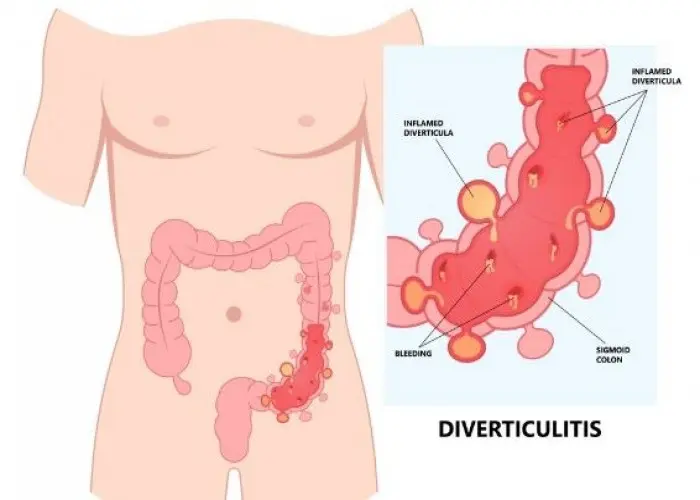
Gastrointestinal bleeding

Dysentery

High cholesterol

Zika virus

Conjoined twins
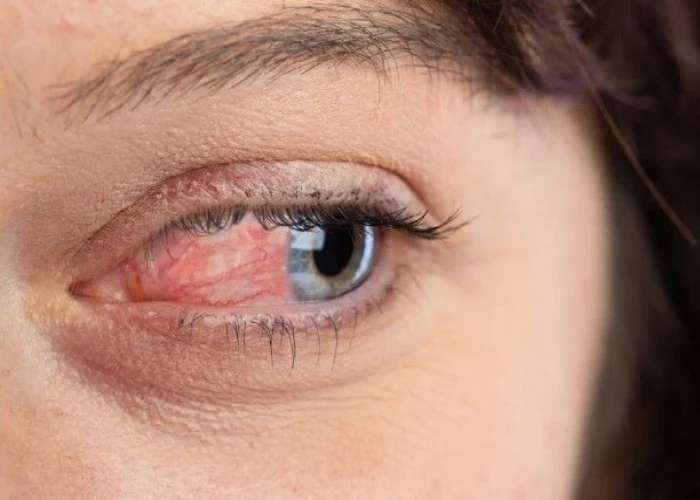
Ocular rosacea
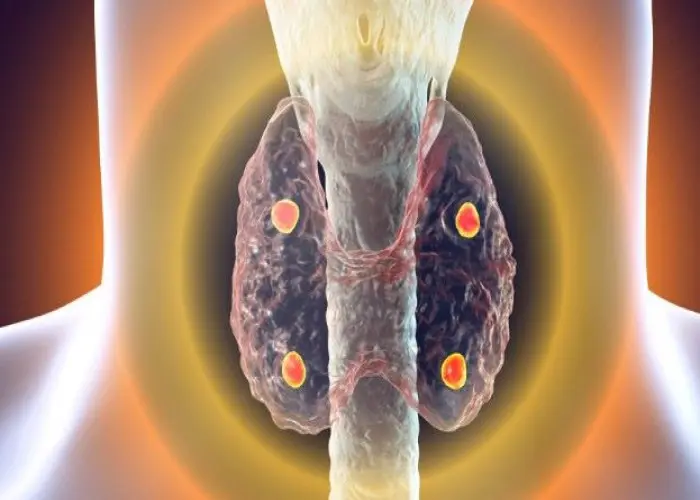
Hyperparathyroidism
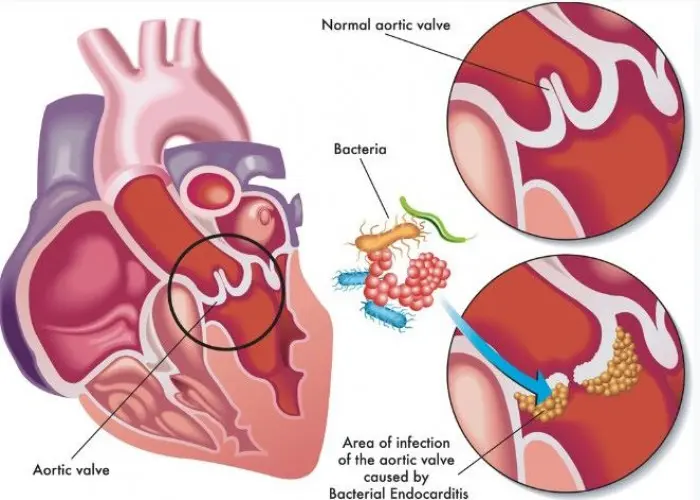
Endocarditis
Dandruff, Shampooing ketoconazole, খুশকি
To be happy, beautiful, healthy, wealthy, hale and long-lived stay with DM3S.
